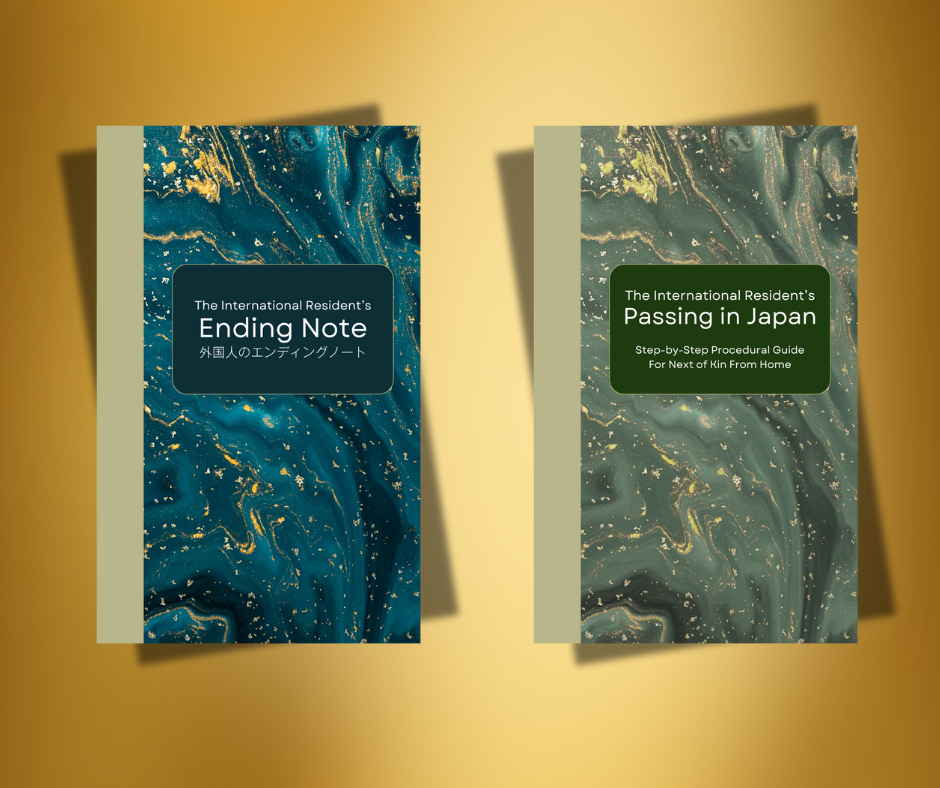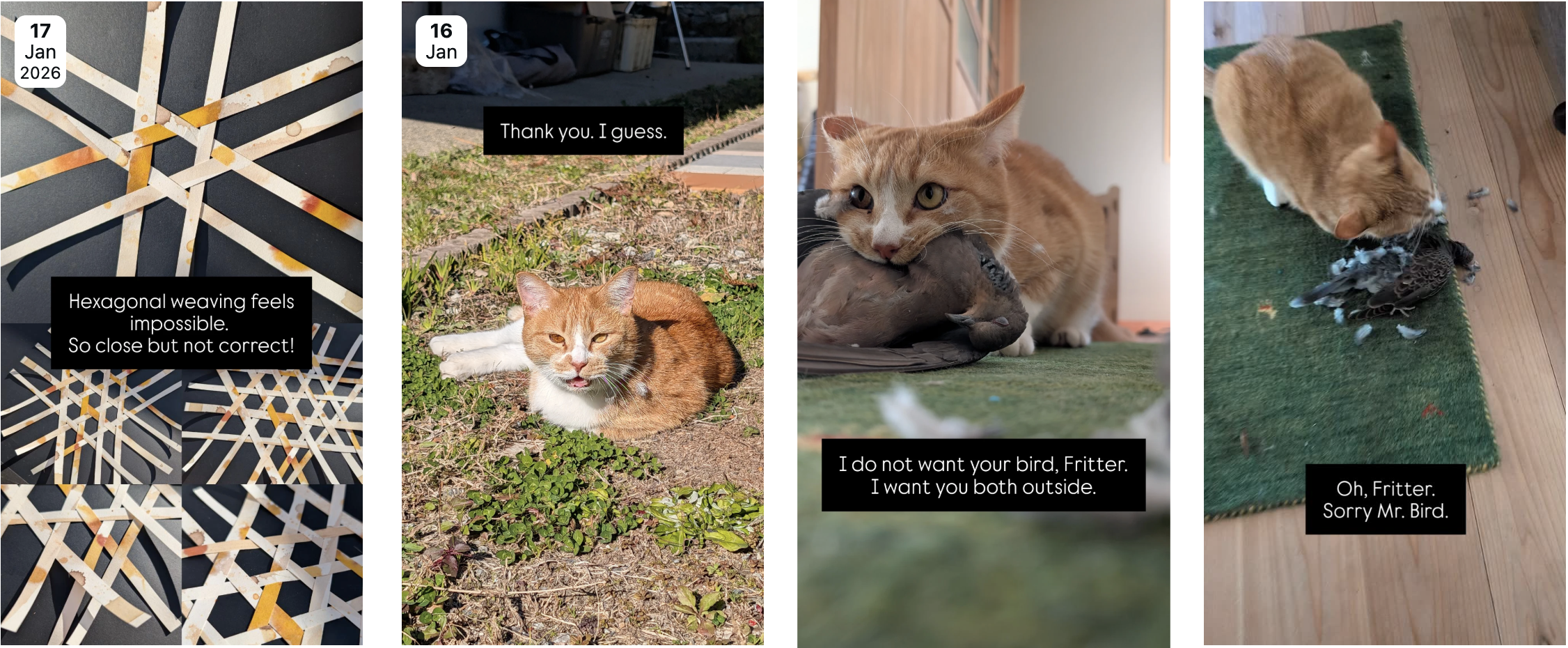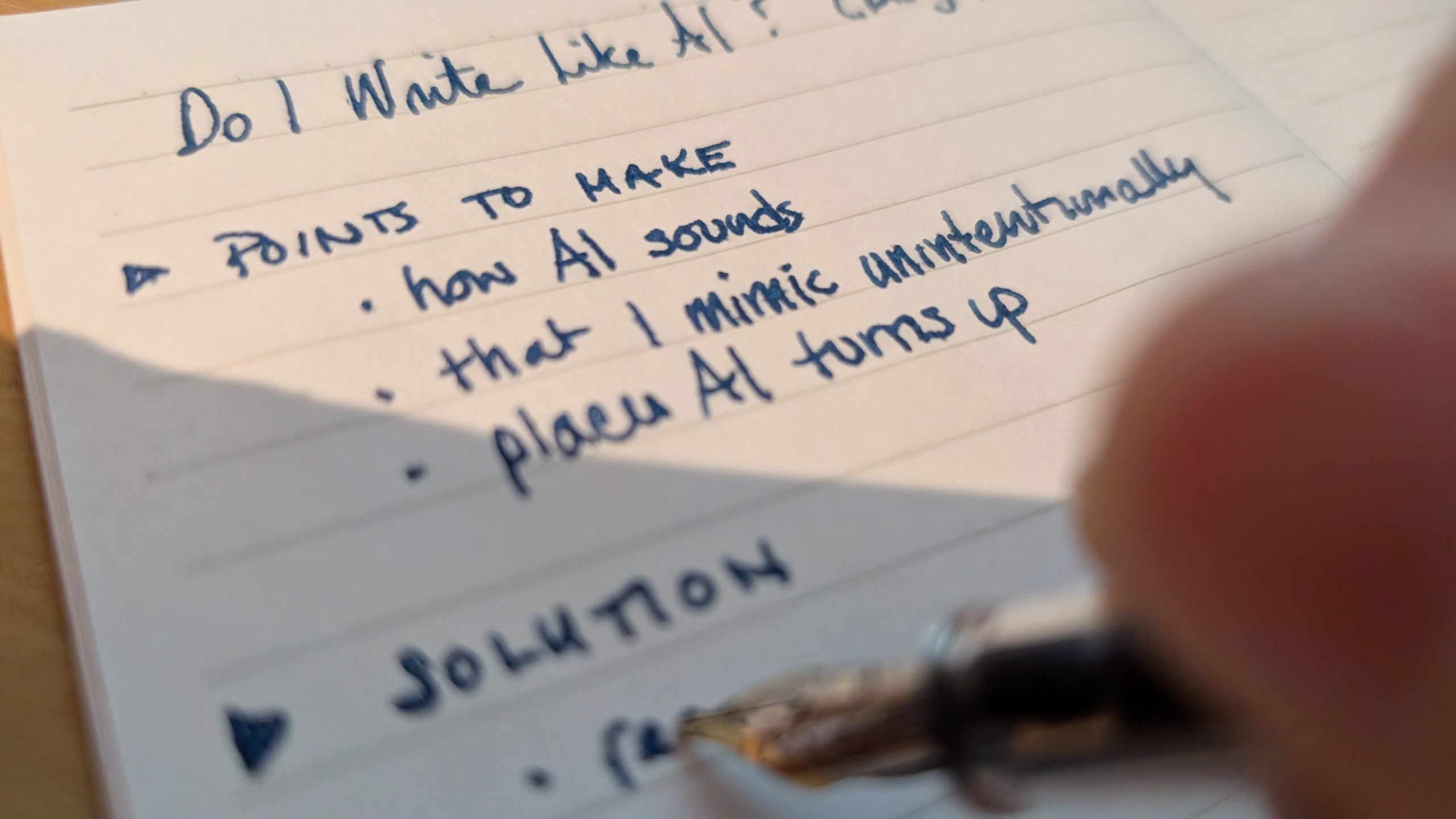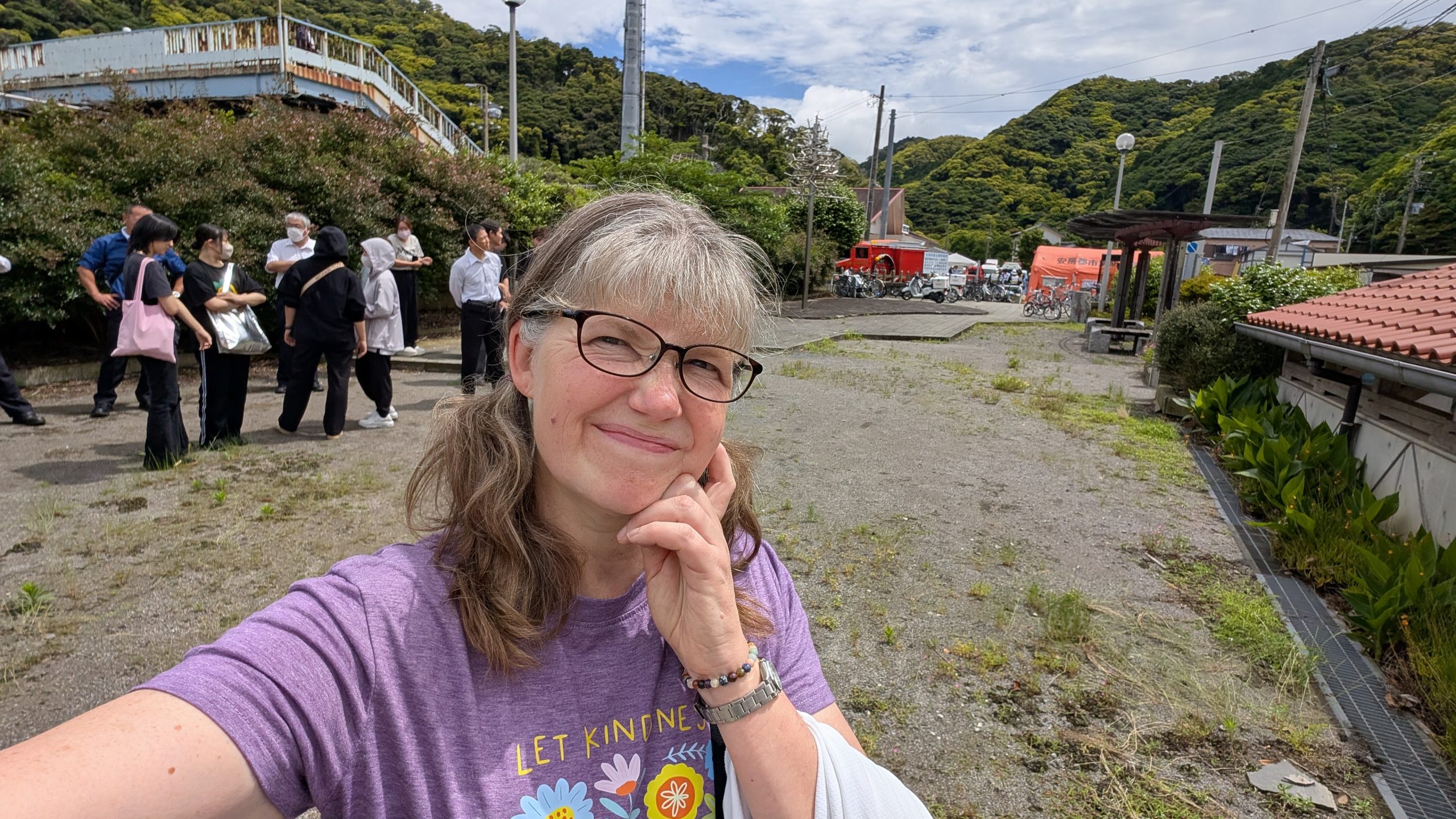Am I obsessed with death? Perhaps. Any of my friends will tell you that I am deeply aware of the passage of time whether it’s mere moments or long ago futures. I am always thinking ahead and looking back. Planning and remembering. That’s who I am. I can’t help it.
One of my goals this year was to fill in an “Ending Note” – a workbook that lays out details for the next of kin who will manage your affairs. These are common in Japan; you can find them in any bookstore or as PDFs from lots of government entities or care services. But they are aimed at elderly Japanese people who don’t have ties overseas.
So instead of filling in an Ending Note, I am creating a new one.
“The International Resident’s Ending Note” is a bilingual, bicultural version that accounts for the complex situation of foreigners living in Japan. We have pensions from our home countries, as well as real estate and other assets.
It’s been an interesting process to write. I started by looking through a lot of Japanese Ending Notes. They are rather awful, sporting childish designs with cartoon flowers and animal mascots intended to sooth the spirit, I suppose. They keep things to a minimum and don’t always gather enough information to be useful. I suppose if you are surrounded by family, they already know where your stuff is and the Ending Note is pro forma. An afternoon’s activity at the adult day care.
Well, “The International Resident’s Ending Note” is not perfunctory. The first draft is a 38 page fillable PDF. And as I go through and fill it in for myself, I realise I have left things out. For example, a foreigner’s name in Japanese needs to be two lines – one for the katakana version of the name, which appears on many things including bank accounts, and one line for the ALL CAPS, last-name-first official name that is taken from the passport. And that’s not the same as our actual name, which is in a different order, a different language and needs its own line, too.
I also drew on the struggles my sister and I had when closing out my mother’s affairs. Finding the important documents in her file cabinet took a couple of days with numerous false starts. “What’s this bank account? Where’s the annuity she mentioned?” The Ending Note has places for all of that to be recorded – the Japanese accounts and the foreign ones.
And I made space for modern life’s passwords, crypto wallets, and all the different kinds of keys we have in our lives. Our loved ones need to know what we have and where to find them. Maybe that’s in a lock box, or digital archive, or a letter held by a trusted friend. The Ending Note lets you share the locations so nothing gets lost.
On the opposite side of the equation is the family who will come here to close things out for me. I assume none of them are learning Japanese in anticipation of this. And they don’t know how it works here. Death in Japan is different in many ways.
So I put together a companion book. “The International Resident’s Passing in Japan” is a step-by-step guide covering everything from death certificates to inheritance procedures. It’s short, practical, and as clear as I could make it.
Both books are still in draft stages. If you’d like to do some proofreading, or try filling in the Ending Note, or give feedback from a family member’s point of view, I would be grateful for your help. Your perspective is much needed.
I am working out the best way to publish them. The companion book works on Kindle or as a KDP paperback. The Ending Note is pointless unless it can be filled in. If you have any suggestions or recommendations, get in touch.






